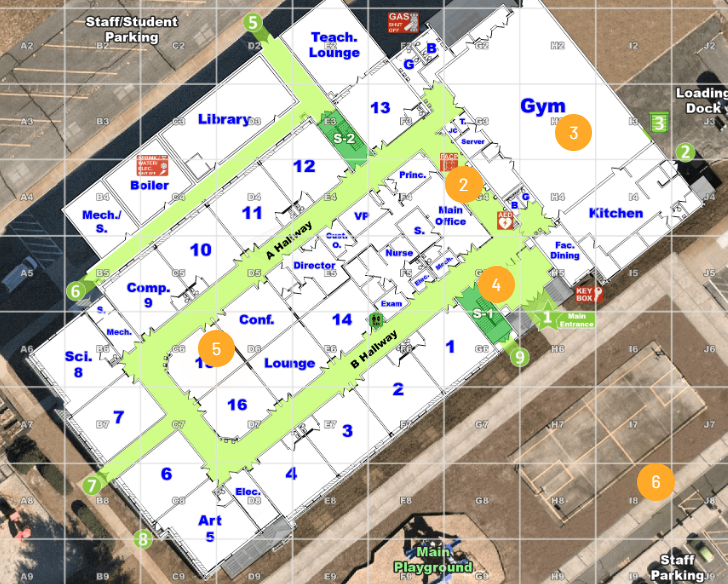K-12 Security Still Struggles With Fragmentation Despite New ANSI Standard
- Paula Vettori

- 4 days ago
- 2 min read
Schools in the United States face the same challenge year after year: how to keep campuses safe without turning them into fortresses. From physical access controls to behavioral threat assessments, districts are juggling budget gaps, political scrutiny, and community pushback over the right mix of measures.
Into this landscape, ASIS International has released a new ANSI-approved school security standard, billed as the first comprehensive framework for K-12 in the U.S. The standard lays out guidance for physical security, behavioral threat assessment and management, and emergency operations planning—intended to help schools assess gaps and create scalable plans.
“This is a proactive tool to serve schools across the globe by providing practical, actionable guidance for those on how to secure learning environments while maintaining focus on their primary mission of education,” said Jeffrey Slotnick, Co-Chair of the ASIS School Security Standard Technical Committee.
Drew Neckar, the committee’s other Co-Chair, framed the effort as more than a checklist: "This groundbreaking ANSI/ASIS School Security Standard transforms the security landscape for K-12 environments by providing those accountable for security measures a scalable roadmap that, when implemented, doesn't just meet security objectives. It creates a framework for continuous improvement based on industry benchmarks and empowers stakeholders involved in school security to build stronger, more resilient educational environments.”

The rhetoric is ambitious, but standards have a history of stalling at the implementation stage. Adoption depends on district budgets, staffing, and willingness to adapt existing practices. Previous guidelines have often gathered dust as underfunded schools struggled to translate them into daily routines.
Meanwhile, vendors continue to test their own approaches. ZeroEyes is pushing AI-driven weapon detection onto school cameras. Evolv Technology markets sensor-based screening systems, though accuracy and privacy remain disputed. Verkada, known for cloud-connected cameras, is expanding its school offerings under the promise of scalability.
For districts, the new standard may provide a benchmark. The real question is whether it can overcome the same barriers that have slowed every past attempt: limited funding, uneven training, and skepticism about whether security frameworks can keep pace with real-world risks.




